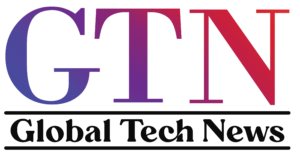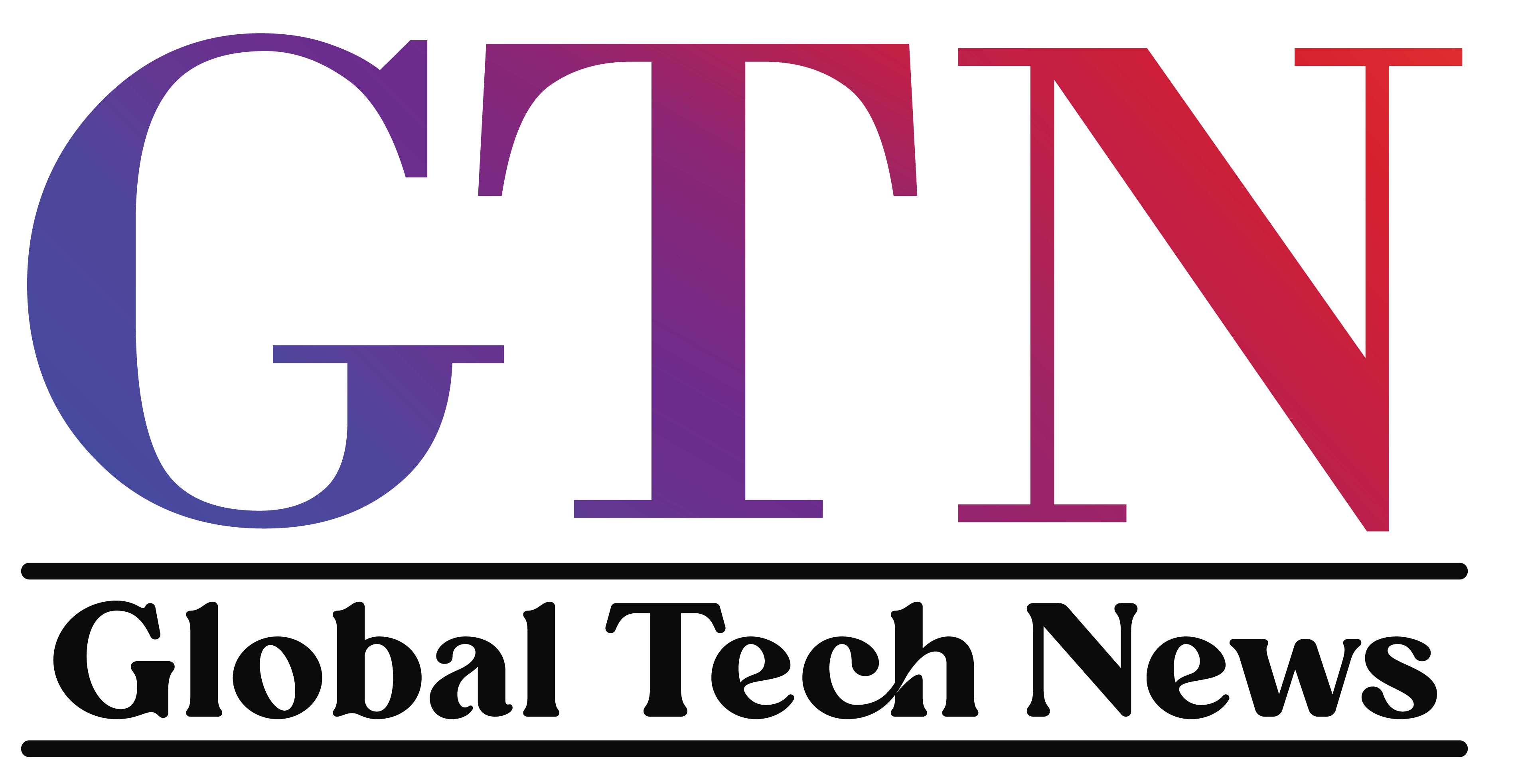Google said in November of last year that it will pay $2.1 billion (A$3 billion) to acquire Fitbit, a leading manufacturer of wearable fitness technology. A number of preliminary reservations regarding the transaction have been voiced by the ACCC (Australian Competition and Consumer Commission). The ACCC highlighted potential negative effects of Google purchasing Fitbit on the health industry and online advertising. The Australian regulator also noted that because Google already has access to customer health information and is in a position of market dominance, this might lead to increased competition and entry hurdles in the health sector.
Concern over Google’s plans to capture more data
According to the ACCC’s Digital Platforms Inquiry, Google’s market dominance is based on the data it collects from third-party apps and websites, as well as from searches and location information. The fitness trackers from Fitbit gather user health information like step counts, heart rates, and sleep statistics. The worry is that if Google purchases Fitbit, the tech corporation may be able to get even more detailed information about the user. Rod Sims, chair of the ACCC, emphasises that the combination of Fitbit data with Google’s database will only strengthen Google’s position. According to Sims, this would strengthen its position and increase entrance hurdles for possible competitors.
Concern about the market’s competition
The competitiveness in the wearables sector is another issue that the ACCC is quite concerned about. Market leaders Fitbit and Apple Watch are both well-known brands. There are additional players who are eager to enter the industry. When it comes to internet advertising, the ACCC is worried that Google may prioritise its own wearable gadgets over those of rivals.
The ACCC is concerned that Google would favour Fitbit over rivals when providing crucial connected services like Google Maps, WearOS, the Google Play Store, or smartphone compatibility for Android. Not just Fitbit devices are up for competition. Fitbit offers solutions and software for health and wellbeing to employers, healthcare providers, and insurers in addition to wearable activity trackers.
The Google-Fitbit agreement has drawn criticism from the ACCC as the first regulator to do so. Sims said that the ACCC will closely collaborate with competition regulators in other countries who are also examining the transaction.
Fitbit will continue to work with both iOS and Android, according to a blog post by Rick Osterloh, Senior VP, Devices & Services at Google. Additionally, Google stated that Fitbit’s attitude to user privacy and security as well as its data collection practises won’t change. Additionally, according to Rick, Google advertisements will not use Fitbit’s health data. The Google acquisition of Fitbit is anticipated to close in 2020.





